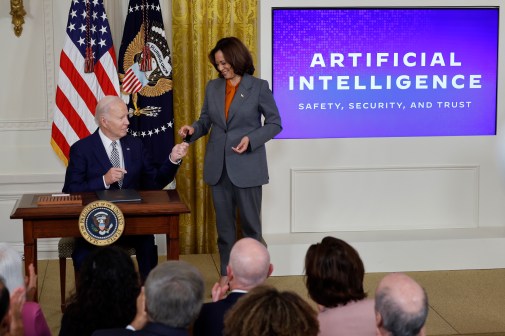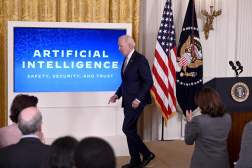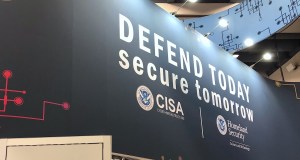EFF: Feds’ open source policy comes up short

The Electronic Frontier Foundation, the international non-profit digital rights group, feels the White House’s new open source policy doesn’t go far enough in opening the government’s code or enabling transparency.
In a Monday blog post, EFF activist Elliot Harmon writes that while the policy is a “step forward,” some of the changes made between the draft and the final policy were “flat out baffling.”
The final version of the policy, released in August, comes with a three-year pilot program where agencies will release at least 20 percent of their newly-developed custom code as open source.
During the comment period, EFF suggested that the White House’s Office of Management and Budget should drop the percentage and make all the code open by default. However, when the final policy was released, Harmon notes that OMB “went in the opposite direction,” putting code written by both government employees and contractors under the 20 percent rule.
“OMB was right the first time: code written by government employees is, by law, in the public domain and should be available to the public,” he writes.
Harmon goes onto point out that making all code open by default would give the public more transparency into its work while also allowing people to find security problems.
OMB has further emphasized in the final policy that the pilot program’s 20 percent release requirement is a minimum baseline, and agencies are encouraged to go above and beyond to release as much custom-developed code as possible. Harmon believes the government should push harder on that requirement.
“Open government policy is at its best when its mandates are broad and its exceptions are narrow,” he writes. “Some exceptions are unavoidable, but they should be limited and clearly defined. And when they’re invoked, the public should know what was exempted and why.”
Contact the reporter on this story via email at greg.otto@fedscoop.com, or follow him on Twitter at @gregotto. His OTR and PGP info can be found here. Subscribe to the Daily Scoop for stories like this in your inbox every morning by signing up here: fdscp.com/sign-me-on.






